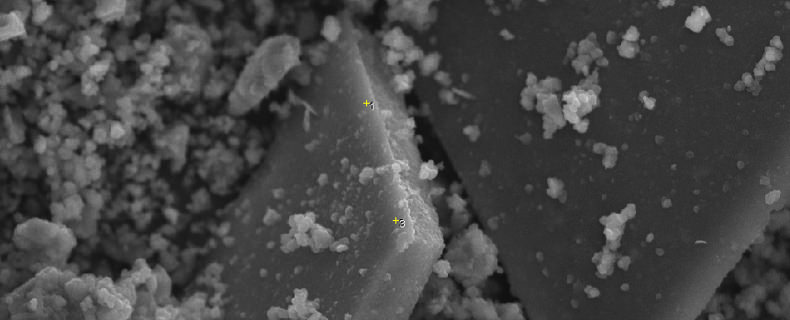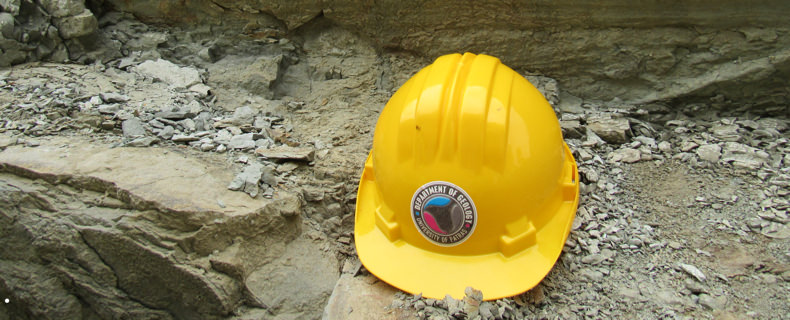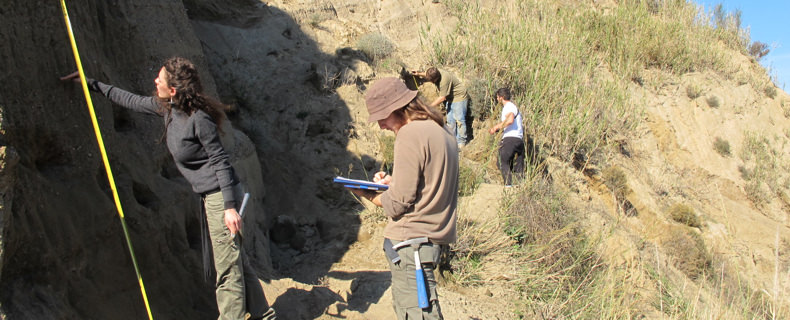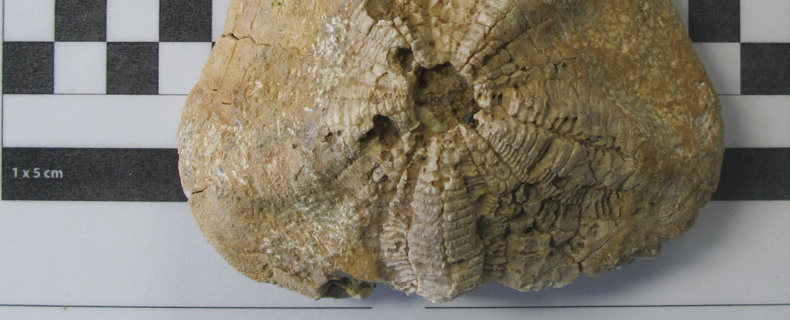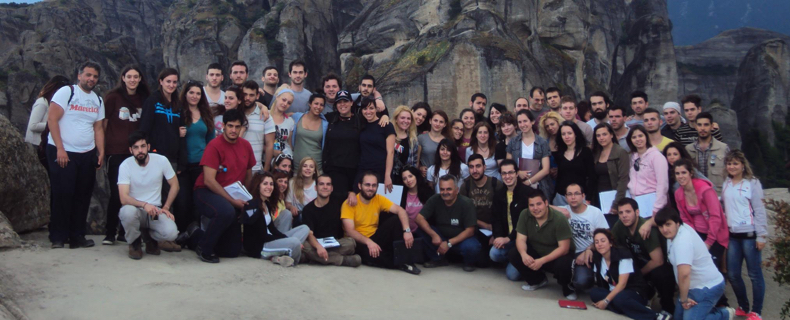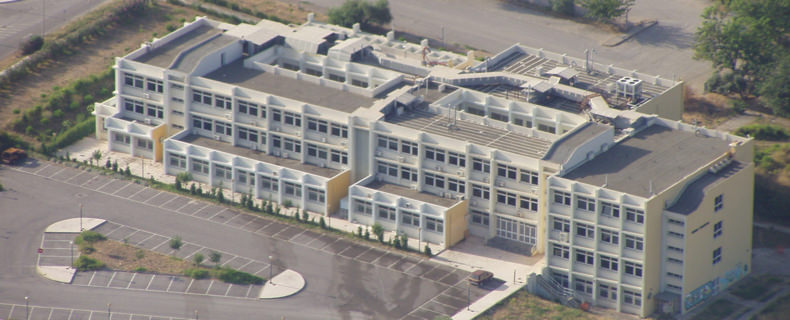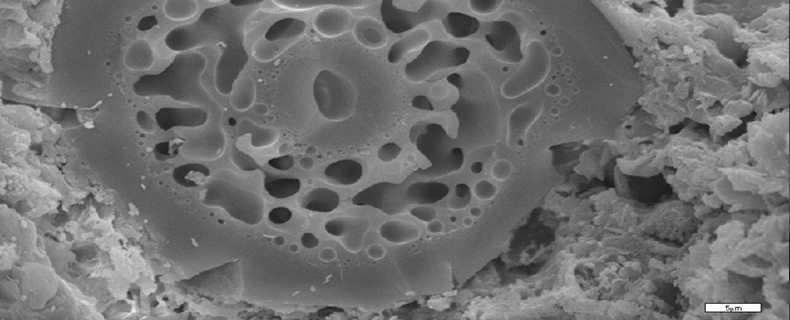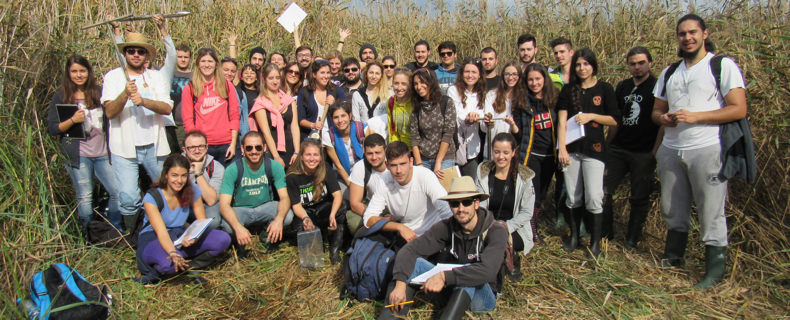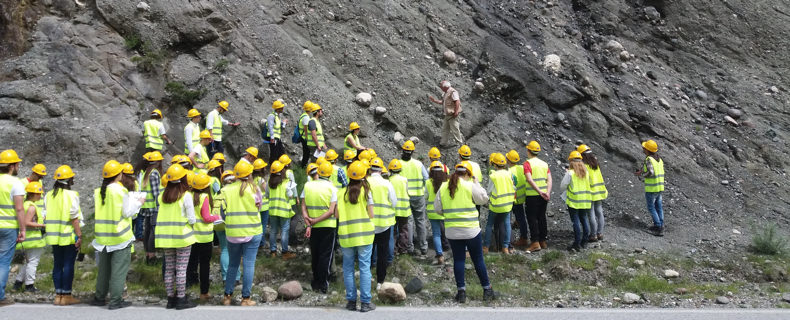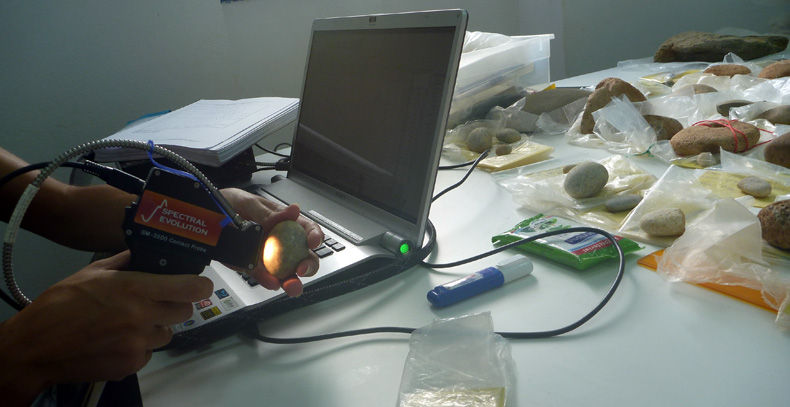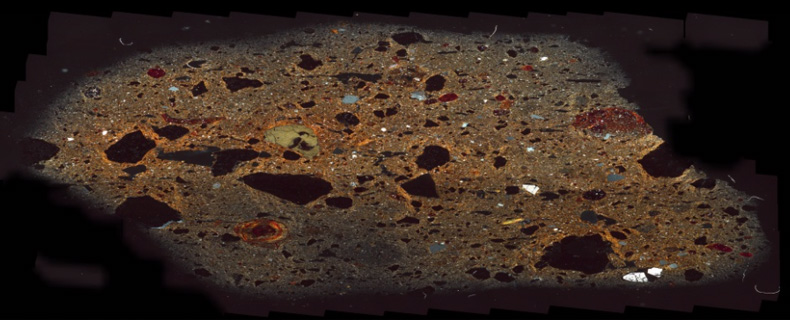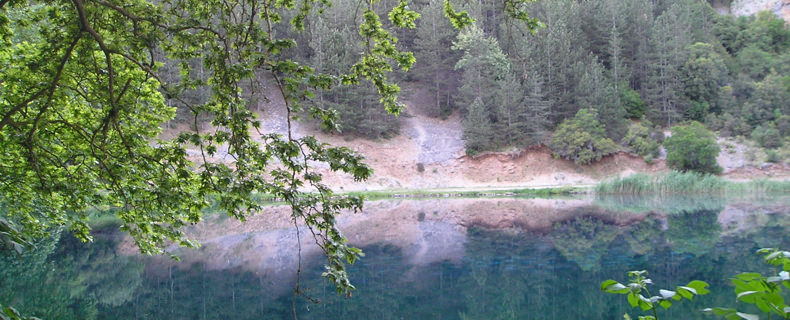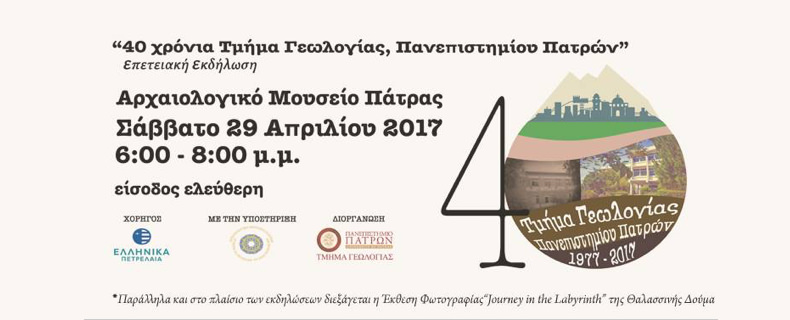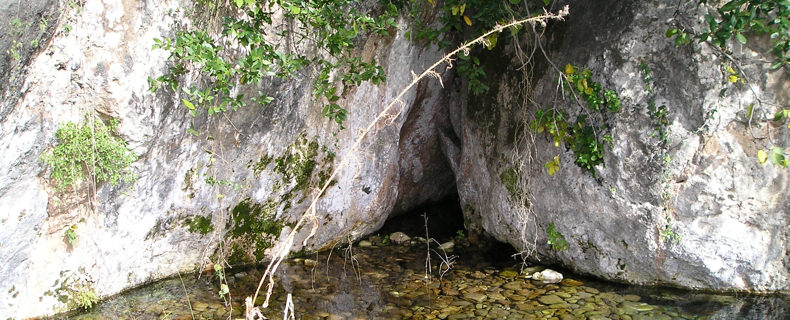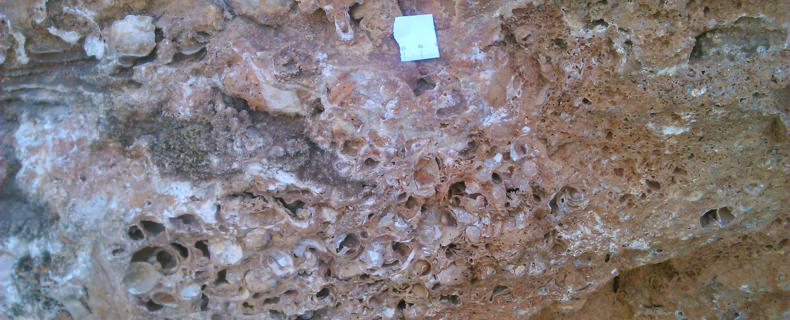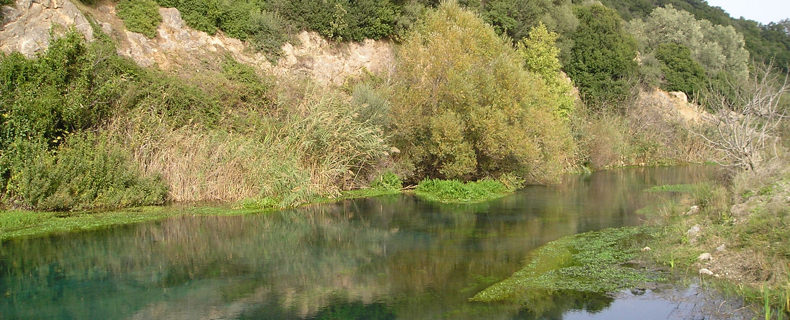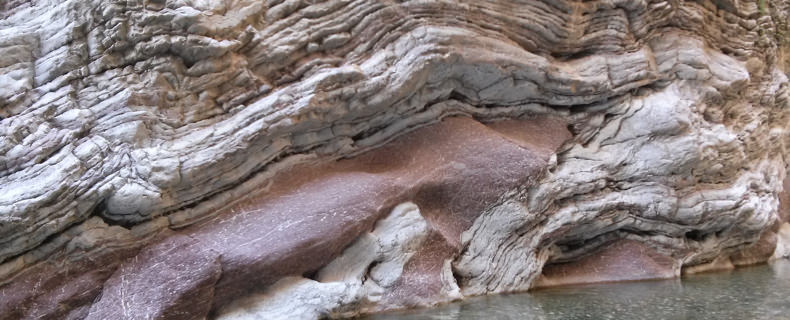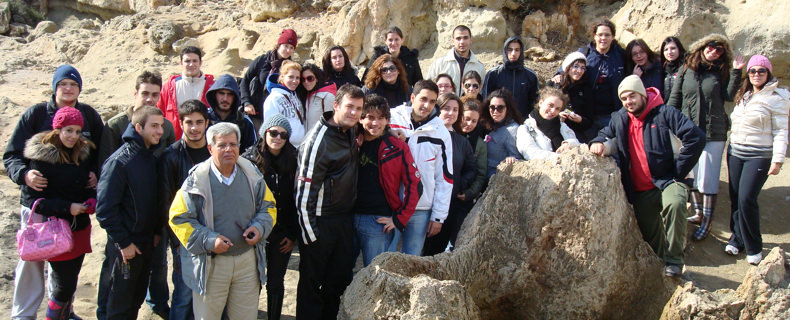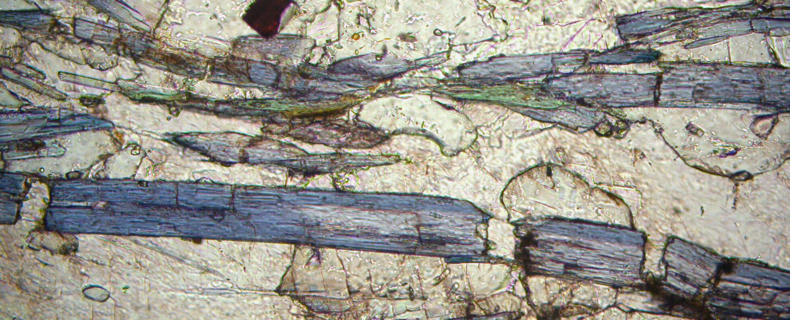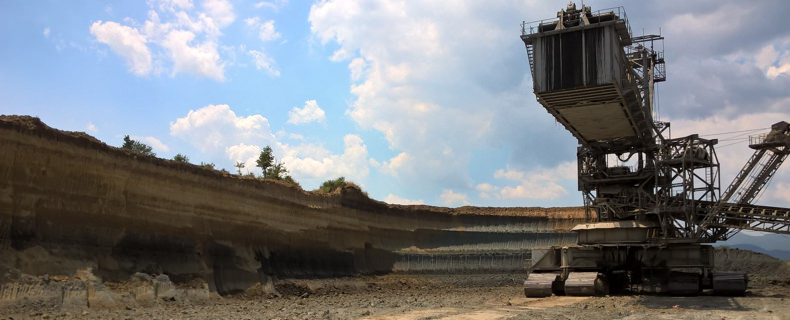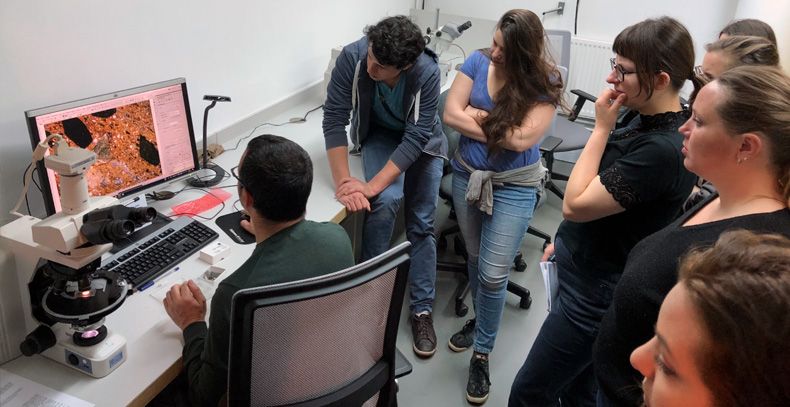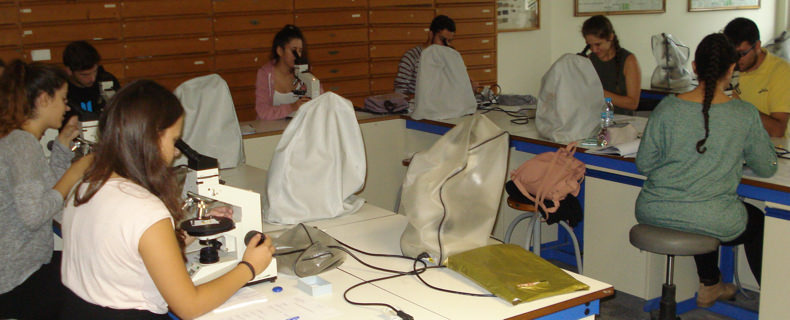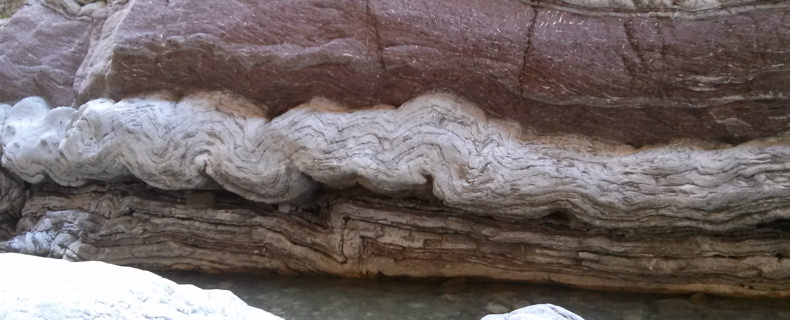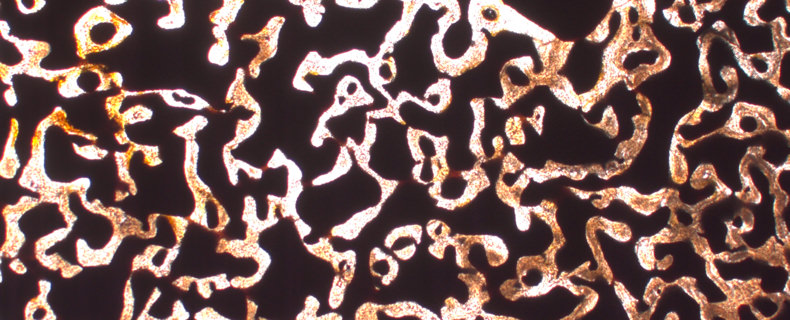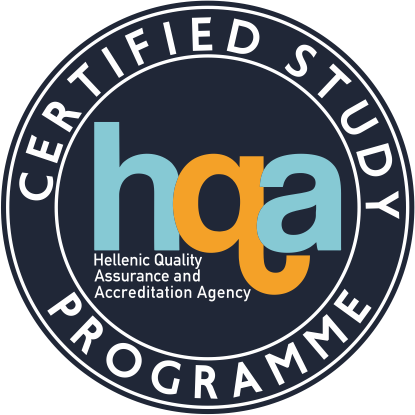| School |
Natural Sciences |
Academic Unit
|
Geology Department |
Level of Studies
|
Undergraduate |
Course Code
|
GEO_711E |
| Εξάμηνο σπουδών |
7ο |
Course Title
|
Insights in Ore Geology |
Independent Teaching Activities
|
Theory lectures, Tutorial and lab exercises |
Weekly Teaching Hours
|
2 lect./1 lab/1 T |
| Credits |
5 |
Course Type
|
Scientific area and skills development |
Prerequisite Courses
|
Mineralogy, Petrography, Geochemistry, Petrology, Ore geology, Coal Geology |
Language of Instruction & Examinations
|
Greek |
Is the Course offered to Erasmus Students
|
Yes in English |
| Course Web-Page (URL) |
https://eclass.upatras.gr/courses/GEO363/ |
Learning Outcomes
|
This course is a selection module and an insight to ore geology. The modules covered include genetic models of the Fe-V-Ti systems, scarn mineralizations and metallurgical coals. Emphasis is given to the application of various laboratory examinations and data evaluation for ore’s processing studies.
The Teaching goals include:
- Knowledge of the modern research methods for assessing the physicochemical conditions of ore-forming processes, as well as of the laboratory parameters for financial evaluation of ore deposits; pros and cons of each technique.
- Life Cyrcle Analysis of ore processing techniques, data acquisition for mineral liberation studies. Optimization techniques for minerals recovery
- Ability in evaluation and interpretation of mineralogical, petrographical and geochemical data, as well as in presenting the studies in useful format for the mining and processing engineers.
|
General Competences
|
- Search, analyze and synthesizedataand information,using thenecessary technologies
- Independent work
- Group work
- Work in international environment
- Work in multidisciplinary environment
- Development of new research ideas
- Work design and management
- Respect of natural environment
- Exercise of criticism and self-criticism
- Promote free, creative and inductive thinking
|
| Syllabus |
- Mineralogical data of ore deposits, liberation of metalic minerals, textures under the microscope.
- Metals in metallurgical processes, studies on tailings, characteristics of concentrates, balance calculations and metals distribution in various processing stages.
- Evaluation of industrial minerals (e.g. wollastonite, micas) for modern industrial applications.
- Principle characteristics of metallurgical coals and the respective produced cokes.
- Evaluation of critical metals (e.g. V, Nb, Ta, Y, Zr), recovery and modern industrial applications
- Economic Geology data in relation to processing and metallurgical techniques.
- Economic Geology data in relation to environmental studies related to the extraction industry (e.g. Acid Rock Drainage, Neutralization).
|
| Delivery |
Direct face to face lectures in class and in the Labs of Petrographical Examinations and Geochemical Lab. |
Use of Information & Communication Technology
|
- Usage of IT (power point, pdf) and blackboard. Lab exercises on maps and drilling
- Support of tutoring through e-class platform.
|
Teaching Methods
|
| Activity |
Semester workload |
| Theory Lectures |
2 x 13=26 |
| Tutorial lectures and exercises |
1 x 13=13 |
| Practical Lab Courses |
1 x 13=13 |
| Group paper-report |
23 |
| Autonomous study |
50 |
| Total number of hours for the Course |
125 |
|
Student Performance Evaluation
|
Α. Written final exam test (70%) that includes:
- Multiple choise questions
- Question of short answers
iii. Synthesis of short essays
- Understanding and interpreting geochemical/petrographical data of mining companies
- Designing of lab tests
- Interpreting minerals liberation data.
Β. Oral exam on Practical issues (20%) that includes:
- Interpretation of metals processing data
- Description of textures and fabrics under the microscope
iii. Designing of lab tests for sustainable mineral extraction.
Γ. Group Presentation of working paper (10%)
Team Oral presentation of a subject within Economic Geology.
Evaluation criteria:
Students have the oportunity of self-evaluation with material provided to them through eclass. |
Attached Bibliography
|
- Petruk, W., 2000. Applied Mineralogy in the mining industry. Elsevier, 287p.
Journals
- Economic Geology Journal http://www.segweb.org/
|


